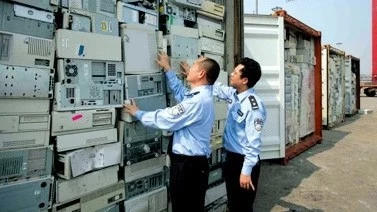China will roll out new measures including
-
Cutting customs clearance times,
-
Streamlining port services
-
Improving the export tax rebate policy to increase opening-up
-
Facilitate foreign trade,
-
etc
It was announced after a State Council executive meeting chaired by Premier Li Keqiang on Tuesday.
“The growth of foreign trade directly bears on boosting economic growth and upgrading domestic consumption. It is important to further improve current policies regarding export tax rebates and financial services,” Li said.
Shorten Customs Clearance Times
It was decided at the meeting that China will see further steps to shorten the overall time for both import and export customs clearance and reduce the number of documents required for customs clearance by an additional one-third. The cost of customs clearance will also be further reduced.
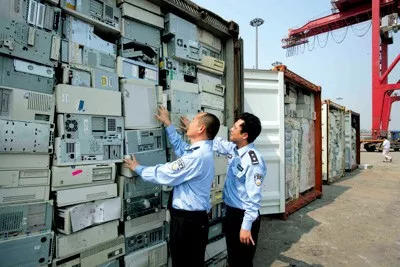
© Image | Google
Streamlining Port Services
By Nov 1, companies will be able to get customs clearance documents processed online and go through verification at ports. Further progress will be made to institute onetime joint inspections by customs, border control and maritime safety authorities.
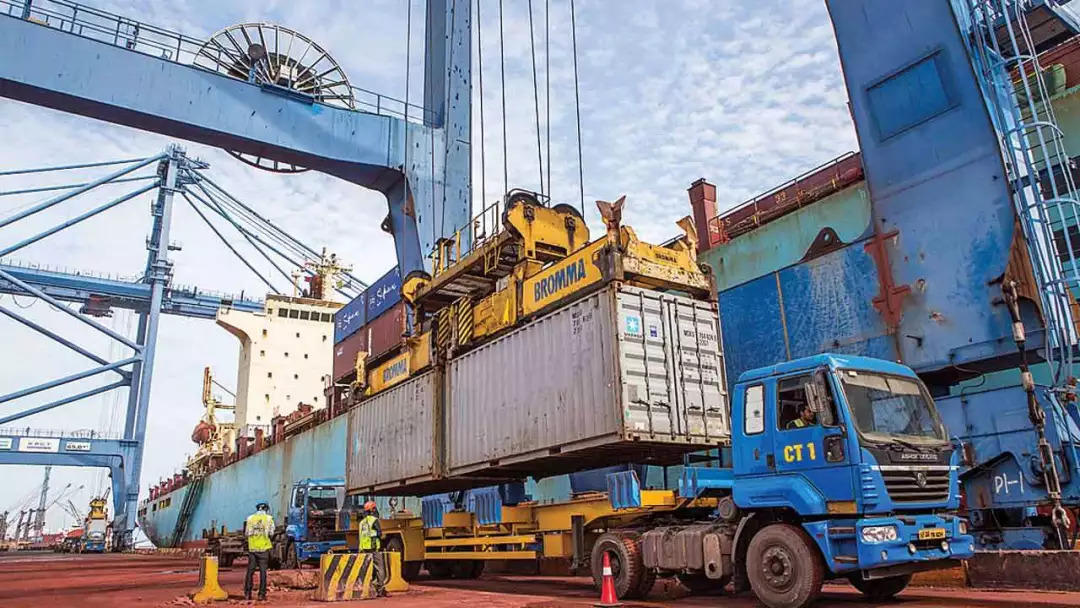
© Image | Google
A list of government administrative charges at ports will be released before the end of the year. No charges beyond the list should be collected.
Improving the Export
Tax Rebate Policy
Costs for import and export companies will be cut, and the export rebate policies will be further improved. The frequency of inspections for exports will be lowered, and the coverage of export credit insurance will be expanded.
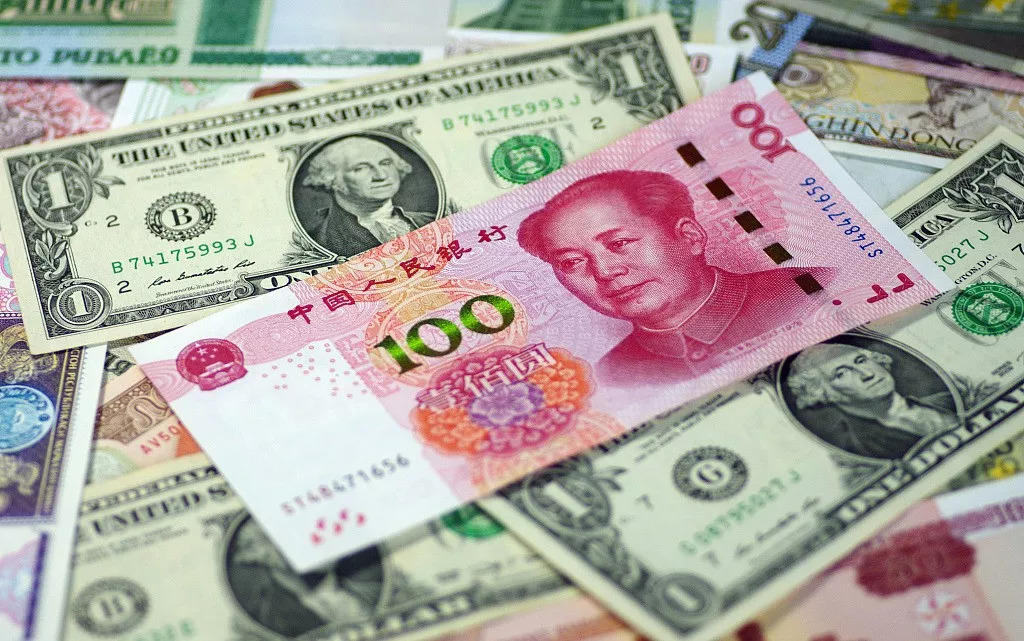
© Image | 视觉中国
Facilitate Foreign Trade
Financial institutions will be encouraged to increase the use of credit loans under export credit insurance to increase financing support to import and export companies, especially the micro, small and medium-sized ones.
Officials also anticipate an increase in the importation of raw materials needed by domestic firms.
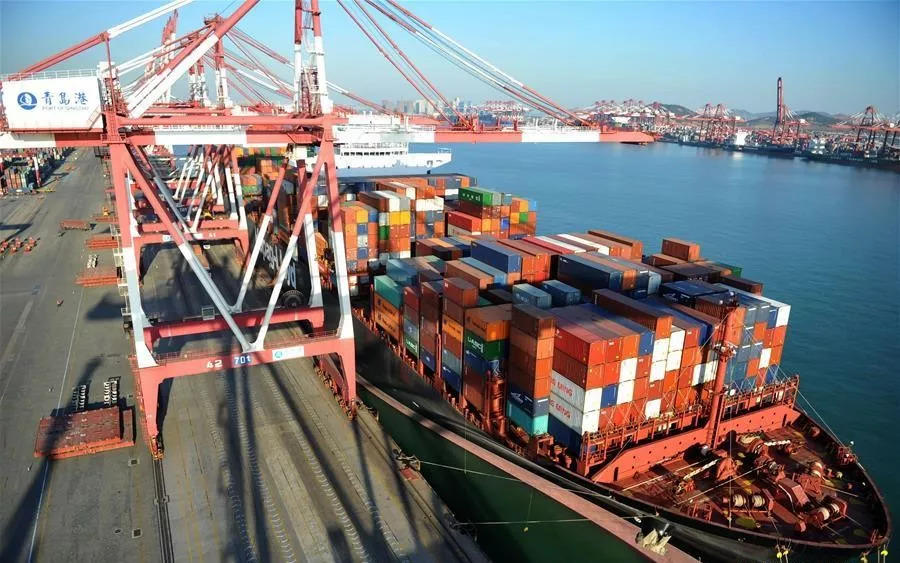
© Image | www.news.cn
“The General Administration of Customs has played a positive role in promoting stable growth of imports and exports,” Li said. “The new measures should be introduced in a timely way and implemented with concrete measures, so that tangible benefits will be delivered to businesses engaging in foreign trade.”
In the first half of 2018, the total value of China’s imports and exports in goods stood at 14.12 trillion yuan ($2.06 trillion), an increase of 7.9 percent year-on-year, according to customs officials.
Xu Hongcai, an economist at the China Center for International Economic Exchanges, said that the new measures will help reduce costs for foreign businesses and forge a more inviting business environment in China.

